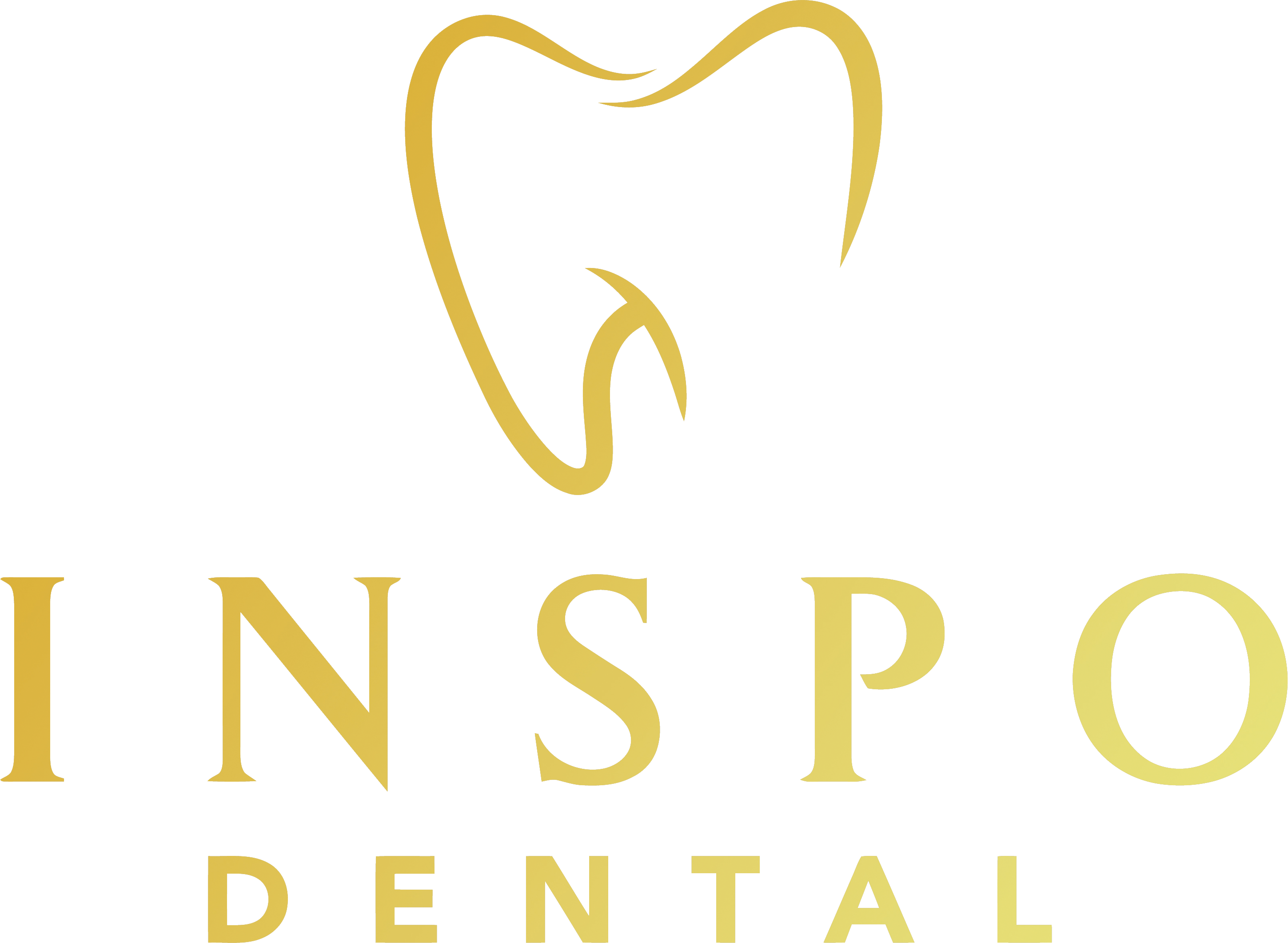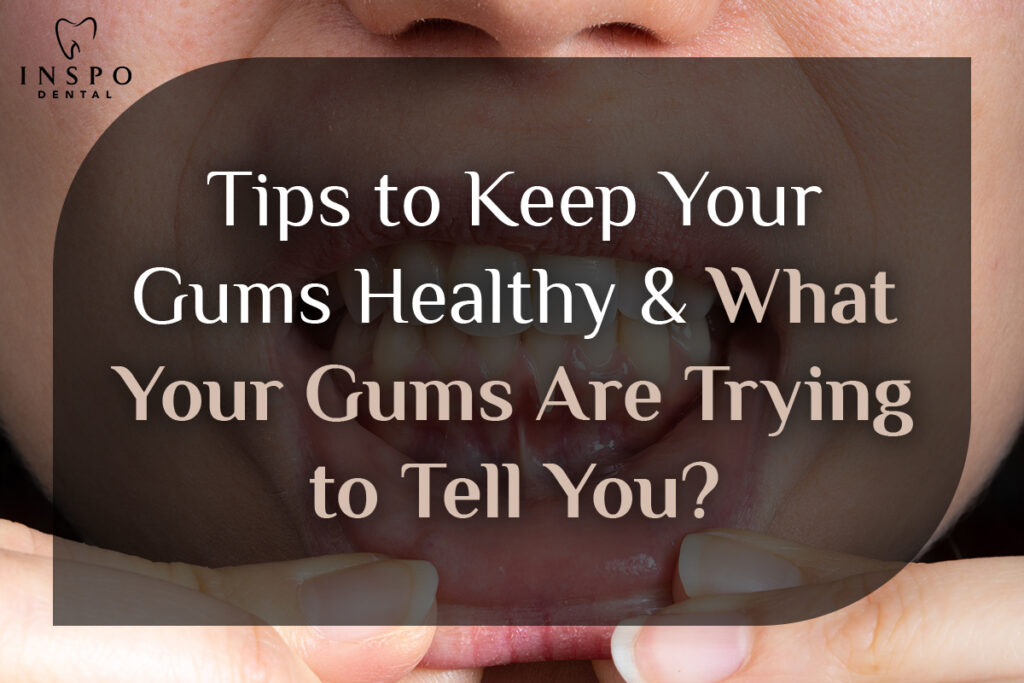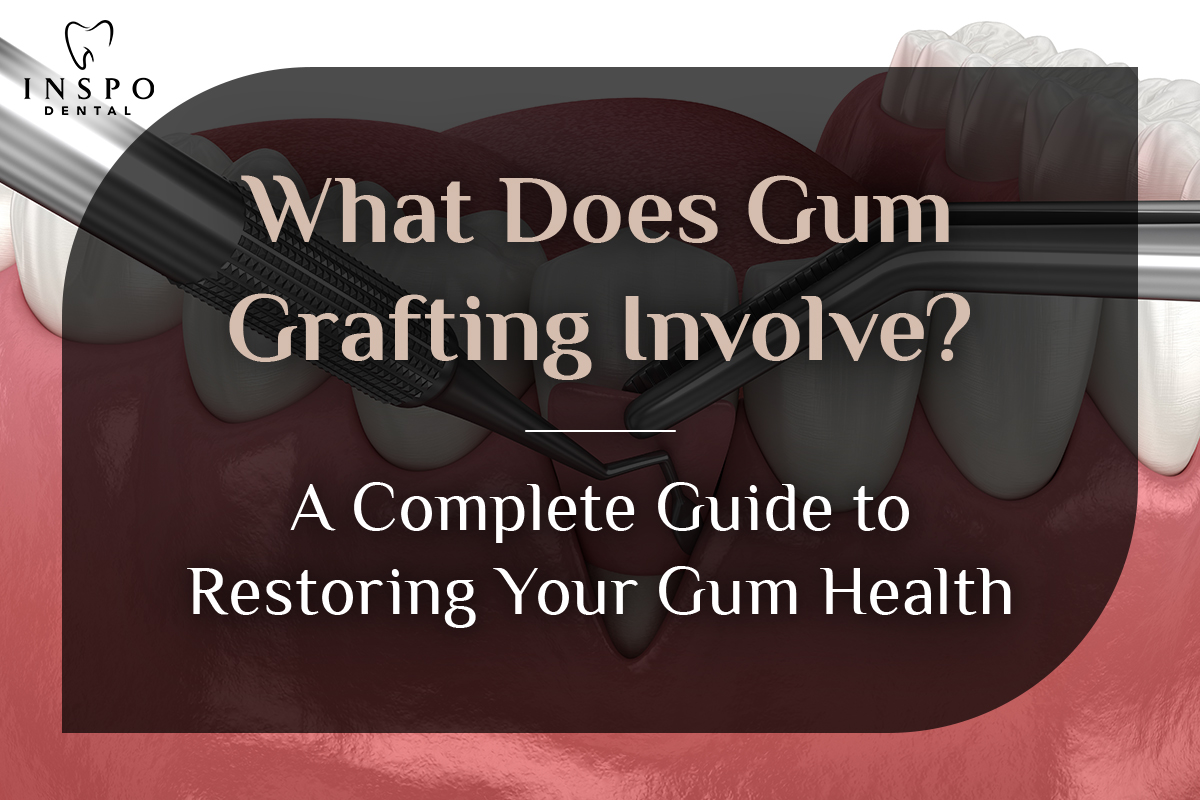Tips to Keep Your Gums Healthy
Healthy gums are essential for maintaining strong teeth and overall oral health. Here’s how you can keep your gums in top condition:
- Practice Proper Oral Hygiene
- Brush Twice a Day: Use a soft-bristled toothbrush and fluoride toothpaste to gently clean your teeth and gumline.
- Floss Daily: Flossing removes plaque and food particles between teeth, areas a toothbrush can’t reach.
- Use Mouthwash: Antimicrobial mouthwash helps reduce plaque and fight gum disease.
- Maintain a Balanced Diet
- Eat Nutritious Foods: Include fresh fruits, vegetables, whole grains, and lean proteins to promote gum health. Vitamin C-rich foods like oranges and bell peppers are particularly beneficial.
- Limit Sugar: Reduce sugary snacks and drinks to minimize plaque buildup.
- Stay Hydrated
- Drink plenty of water to keep your mouth moist and help wash away food particles and bacteria.
- Avoid Tobacco Products
- Smoking and chewing tobacco are significant risk factors for gum disease. Quitting tobacco can drastically improve gum health.
- Regular Dental Checkups
- Visit your dentist at least twice a year for professional cleanings and to check for early signs of gum disease.
- Address Stress
- Chronic stress can weaken your immune system, making it harder for your gums to fight off infections. Practice stress-reducing techniques like yoga or meditation.
- Use a Nightguard if Necessary
- Grinding your teeth at night can put pressure on your gums. A custom-fitted nightguard can help protect your gums and teeth.
What Your Gums Are Trying to Tell You
Changes in your gums can be a sign of underlying issues. Here’s what to look out for and what it might mean:
- Red, Swollen Gums
- Possible Cause: Gingivitis or early-stage gum disease due to plaque buildup.
- What to Do: Improve your oral hygiene routine and visit your dentist for a professional cleaning.
- Bleeding Gums
- Possible Cause: Gum inflammation, aggressive brushing, or flossing after a period of neglect.
- What to Do: Use a softer toothbrush, adopt gentle brushing techniques, and ensure you’re flossing daily. Persistent bleeding requires a dental checkup.
- Receding Gums
- Possible Cause: Gum disease, aggressive brushing, or natural aging.
- What to Do: Consult a dentist to explore treatment options like scaling, root planing, or gum grafting.
- Bad Breath or Bad Taste
- Possible Cause: Gum infection, poor oral hygiene, or pockets forming between the teeth and gums.
- What to Do: Schedule a dental visit to address possible periodontal disease.
- Gums Pulling Away from Teeth
- Possible Cause: Advanced gum disease (periodontitis) that leads to bone and tissue loss.
- What to Do: Seek professional dental care immediately to prevent further damage.
- White Spots or Patches
- Possible Cause: A fungal infection, leukoplakia, or other oral health issues.
- What to Do: Have these areas evaluated by your dentist as they may require specific treatments.
- Gums That Are Painful or Sore
- Possible Cause: Gum injury, infections, or vitamin deficiencies.
- What to Do: Rinse with warm salt water and consult your dentist if the pain persists.
- Loose Teeth or Changes in Bite
- Possible Cause: Severe gum disease leading to weakened bone structure.
- What to Do: This is a dental emergency. Contact your dentist immediately for treatment.
How to Prevent Gum Problems and Strengthen Your Gums
- Upgrade Your Oral Care Routine
- Use an Electric Toothbrush: Studies show that electric toothbrushes are more effective at removing plaque and reducing gum inflammation than manual ones.
- Consider a Water Flosser: If traditional flossing is challenging, a water flosser can help remove debris and bacteria from below the gumline.
- Try Interdental Brushes: These small brushes clean between teeth and around gums, especially useful for individuals with gaps, braces, or implants.
- Focus on Anti-Inflammatory Care
- Use Gum-Friendly Toothpaste: Look for toothpaste containing fluoride and ingredients like stannous fluoride or aloe vera, which are specifically designed to fight gum inflammation.
- Incorporate Antibacterial Rinses: Use mouthwash with chlorhexidine, cetylpyridinium chloride, or essential oils to combat gum disease-causing bacteria.
- Practice Proper Technique
- Gentle Brushing: Brushing too hard can wear down gum tissue. Use a light touch and angle your brush at 45 degrees to the gumline.
- Thorough Flossing: Gently guide the floss along the sides of each tooth, avoiding snapping it against the gums, which can cause damage.
- Address Dry Mouth
- Saliva is critical for neutralizing bacteria and keeping your gums healthy. If you experience dry mouth:
- Stay hydrated throughout the day.
- Chew sugar-free gum to stimulate saliva production.
- Use over-the-counter saliva substitutes or sprays.
- Quit Harmful Habits
- Smoking not only increases your risk of gum disease but also slows healing. Quitting can significantly improve gum health over time.
- Avoid excessive alcohol consumption, which can dry out the mouth and exacerbate gum problems.
- Supplement Your Diet
- Vitamin C: Essential for gum repair and health; deficiencies can lead to bleeding gums. Add citrus fruits, strawberries, and broccoli to your diet.
- Calcium and Vitamin D: Strengthen the bone structure that supports your teeth. Include dairy, leafy greens, and fortified products in your meals.
- Omega-3 Fatty Acids: Anti-inflammatory properties in foods like salmon, flaxseeds, and walnuts may help reduce gum inflammation.
Signs Your Gums Need Immediate Attention
If you experience any of the following symptoms, it’s crucial to seek professional dental care:
- Persistent bleeding after brushing or flossing: This could be a sign of gingivitis or periodontitis.
- Gum abscess or pus: These are signs of infection that require immediate treatment.
- Teeth that appear longer: This might indicate receding gums exposing more of the tooth.
- Persistent bad breath: A sign that bacteria are thriving below the gumline or in pockets caused by gum disease.
What Are the Stages of Gum Disease?
Understanding gum disease progression can help you take action early:
- Gingivitis (Early Stage)
- Symptoms: Red, swollen gums that may bleed during brushing or flossing.
- Treatment: Improved oral hygiene and professional cleaning can reverse this stage.
- Periodontitis (Moderate Stage)
- Symptoms: Receding gums, pockets forming around teeth, persistent bad breath.
- Treatment: Scaling and root planing (deep cleaning) to remove bacteria and tartar buildup below the gumline.
- Advanced Periodontitis
- Symptoms: Loose teeth, gum recession, severe pain, and bone loss.
- Treatment: Surgical intervention, such as flap surgery, gum grafts, or bone regeneration.
Gum Health and Its Impact on Overall Well-Being
- Diabetes and Gum Health
- People with diabetes are more prone to gum infections. Elevated blood sugar levels can worsen gum disease, while untreated gum issues can make it harder to control blood sugar.
- Heart Disease Connection
- Chronic gum inflammation has been linked to an increased risk of heart disease and stroke. Maintaining healthy gums can reduce inflammation throughout the body.
- Pregnancy and Gum Health
- Hormonal changes during pregnancy can lead to “pregnancy gingivitis,” characterized by swollen, tender gums. Good oral care and dental checkups are crucial during pregnancy.
Home Remedies to Soothe Gums
While professional dental care is essential for serious gum issues, these home remedies can help maintain healthy gums and alleviate mild irritation:
- Warm Salt Water Rinse: Helps reduce swelling and bacteria.
- Oil Pulling: Swish coconut or sesame oil in your mouth for 10–15 minutes to remove bacteria and improve gum health.
- Aloe Vera Gel: Apply aloe vera directly to your gums for its anti-inflammatory and soothing properties.
- Turmeric Paste: Use turmeric, a natural anti-inflammatory, mixed with water as a gum-soothing paste.
Protecting Your Gums for the Long Term
- Schedule Regular Cleanings
- Professional cleanings remove plaque and tartar that can’t be eliminated by brushing alone.
- Monitor Changes
- Pay attention to changes in gum color, texture, or sensitivity and address them early.
- Invest in Quality Oral Care Tools
- Replace toothbrushes every 3–4 months and consider upgrading to tools like electric toothbrushes or ultrasonic cleaners.
Advanced Tips for Gum Health and Prevention of Gum Disease
- Professional Treatments for Gum Health
When home care isn’t enough, your dentist or periodontist can offer advanced treatments:
- Scaling and Root Planing:
- A deep-cleaning procedure to remove plaque and tartar below the gumline and smooth the tooth roots to prevent bacteria from reattaching.
- Laser Therapy:
- Lasers are used to remove inflamed gum tissue and promote healing, a less invasive alternative to traditional surgery.
- Gum Grafting:
- In cases of gum recession, healthy tissue is transplanted to affected areas to rebuild the gumline and protect tooth roots.
- Antibiotic Therapy:
- Dentists may apply topical antibiotics directly to gum pockets or prescribe oral antibiotics to fight bacterial infections.
- Pocket Reduction Surgery:
- This procedure reduces the depth of gum pockets caused by periodontitis, making it easier to clean and maintain healthy gums.
- Advanced Oral Hygiene Products
Take your oral care routine to the next level with specialized products:
- Electric Toothbrush with Pressure Sensor:
- Prevent gum damage by using a toothbrush that alerts you if you brush too hard.
- Anti-Gingivitis Toothpaste:
- Use toothpaste containing stannous fluoride, triclosan, or other anti-inflammatory agents to protect gums.
- Specialty Mouthwashes:
- Choose mouthwashes with essential oils, chlorhexidine, or cetylpyridinium chloride to fight plaque and bacteria effectively.
- Hydrogen Peroxide Rinse:
- Mix a diluted hydrogen peroxide solution (3% hydrogen peroxide mixed with water) as a gentle rinse to kill bacteria and reduce inflammation.
- Interdental Cleaners:
- Use tools like Proxabrushes or soft-picks for cleaning between teeth where traditional floss might not work effectively.
- Lifestyle Changes for Gum Health
Your daily habits and lifestyle choices have a significant impact on your gum health:
- Improve Sleep Quality:
- A strong immune system, supported by adequate sleep, can help your body fight off gum infections.
- Exercise Regularly:
- Physical activity reduces inflammation and boosts your body’s ability to combat gum disease.
- Limit Stress:
- Chronic stress can weaken your immune response, making your gums more susceptible to infection. Practice stress-relief techniques like meditation, yoga, or deep breathing.
- Cut Down on Sugary Drinks and Snacks:
- Sugar feeds the bacteria in your mouth, leading to plaque buildup and gum inflammation.
- The Role of Hydration in Gum Health
- Drink Fluoridated Water:
- Fluoridated water helps strengthen teeth and reduce the risk of decay and gum disease.
- Chew Sugar-Free Gum:
- Chewing gum stimulates saliva, which naturally washes away bacteria and keeps gums moist.
- Rinse After Meals:
- Swishing water around your mouth after eating can help remove food particles and reduce bacterial buildup.
What Your Gums Reveal About Your Overall Health
Your gum health is closely connected to systemic health. Pay attention to these warning signs:
- Pale or White Gums:
- May indicate anemia or poor circulation.
- Consult your doctor for a blood test if pale gums persist.
- Dark or Discolored Gums:
- While some pigmentation is natural, sudden changes could signal a health issue such as Addison’s disease or a reaction to medication.
- Persistent Infections:
- Recurrent gum infections could point to immune system problems, like autoimmune disorders or diabetes.
- Bleeding and Clotting Issues:
- Excessive bleeding from minor gum irritation may be a sign of vitamin deficiencies (like Vitamin K) or clotting disorders.
- Halitosis (Bad Breath):
- Persistent bad breath despite good oral hygiene can indicate deeper issues such as gastrointestinal problems or sinus infections.
Long-Term Gum Health Strategies
- Regular Periodontal Assessments:
- If you have a history of gum disease, schedule periodontal checkups every 3–6 months to monitor gum pocket depth and overall gum health.
- Preventive Care for Aging Gums:
- As you age, gums naturally recede. Use extra-soft toothbrushes, avoid overly abrasive toothpaste, and focus on hydration to maintain gum elasticity.
- Family History Awareness:
- Genetics play a role in gum disease susceptibility. If gum issues run in your family, consider more frequent cleanings and advanced preventive care.
How to Rebuild and Strengthen Your Gums
- Collagen-Boosting Foods:
- Foods rich in collagen, such as bone broth or collagen supplements, can support gum tissue regeneration.
- Tea Tree Oil Toothpaste:
- Tea tree oil has natural antibacterial properties that can help reduce gum inflammation and promote healing.
- Vitamin and Mineral Supplements:
- Take supplements for Vitamin C, Vitamin D, calcium, and CoQ10 to boost gum tissue health and resilience.
- Routine Gum Massages:
- Use your fingers or a soft brush to gently massage your gums. This stimulates blood flow and can help promote healthy tissue.
Key Takeaways for Healthy Gums
- Consistency is Key: Regular brushing, flossing, and dental visits are your best defense against gum disease.
- Stay Alert: Pay attention to changes in gum color, texture, or sensitivity, and address concerns promptly.
- Think Beyond Your Mouth: Your gum health is deeply tied to your overall health, so take a holistic approach to care.
With these advanced strategies, tools, and tips, you can maintain strong, healthy gums for life and prevent issues before they start. If you’re ever in doubt, consult your dentist or periodontist for personalized advice and treatment.






